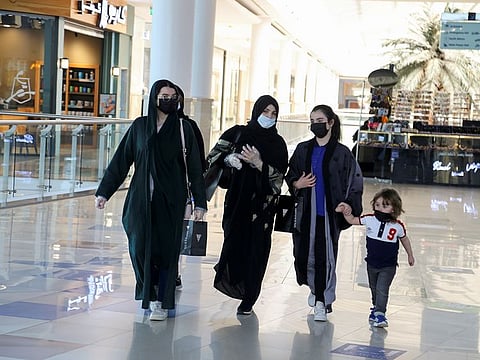Saudi Shura Council passes social security bill
Social security payment is due for everyone who meets the four conditions

Abu Dhabi: The 150-member Saudi Shura Counil has passed a new social security draft law.
Under the bill, social security payment is due for everyone who meets the four conditions:
1. Saudi with a permanent residence in the Kingdom,
2. having low income that is less than the minimum determined in the bill,
3. committed to meeting requirements related to health, education and rehabilitation, and
4. community service.
Non-Saudi women married to a Saudis are exempt from the nationality clause. Also exempt are non-Saudi widows or divorced women who have Saudi children, as well as children of a widowed or divorced Saudi women from non-Saudi husbands, in addition to persons with disabilities, orphans, and widows with orphans, who have transportation.
If a low-income Saudi has more than one family, then each family is considered independent and deserves an independent social security, according to draft law.
Social security’s entitlement will not be affected in the event a family member lives abroad for studies.
The social security payment shall cease if any eligibility condition is not met, if the information provided by the beneficiary is incorrect, or the beneficiary delays in updating his personal data requested by the ministry, for a period exceeding 30 days from the date of informing him of the request to update it.
The social security payment will also be suspended if the beneficiaries have not complied with their rehabilitation plans, or if they are able to work but failed to apply for or rejected jobs offered to them or failed to take training courses offered to them.
The Ministry of Human Resources is tasked with preparing qualification plans for each eligible beneficiary, in terms of age, qualifications, and medical fitness, and it must provide them with job search services and follow up seriousness of job seekers in their search for work and accepting of appropriate job and training offers.
A study conducted by the House’s Social Affairs, Family and Youth Committee chaired by Dr. Abdullah Al Balawi found that, the existing Saudi social security system system does not cover the lowest income and spending segment, which represents 20 per cent of society and that the assistance covers only 47 per cent of this segment.


